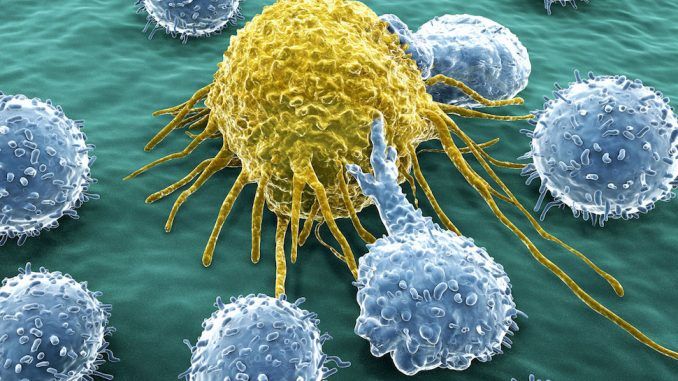
Scientists have developed an artificial virus which they say helps to kickstart a persons immune system and kill cancer cells.
Swiss scientists tested the new virus by inserting cancer proteins inside a designer virus so that when the immune system detects the virus, it gets killed along with the cancer.
Telegraph.co.uk reports: The technique could in theory be used to fight any type of cancer. Scientists could simply take proteins from a patient’s own tumour, place it in the virus and inject it into the body to trigger a strong immune response against a specific disease.

BYPASS THE CENSORS
Sign up to get unfiltered news delivered straight to your inbox.
You can unsubscribe any time. By subscribing you agree to our Terms of Use
In mice, the treatment was shown to bring remission and researchers are keen to move to human trials.
“We hope that our new findings and technologies will soon be used in cancer treatments and so help to further increase their success rates,” said Professor Daniel Pinschewer, lead researcher from the University of Basel.
The researchers built artificial viruses based on lymphocytic choriomeningitis virus (LCMV), which can infect both rodents and humans.
Although the virus is harmless, it still triggers an immune response. The scientists also added proteins which are only found in cancer cells.
The combination of the virus triggering the alarm system and the cancer proteins, was found to create a powerful army of cytotoxic T-lymphocytes, also known as killer cells, which identified the cancer cells through their protein and successfully destroyed them.
The research was published in the journal Nature Communications.

